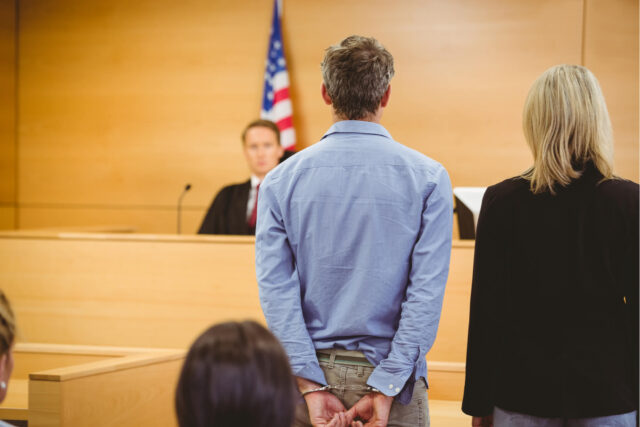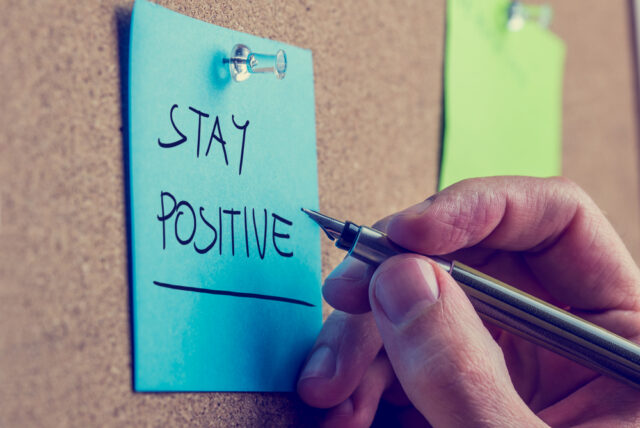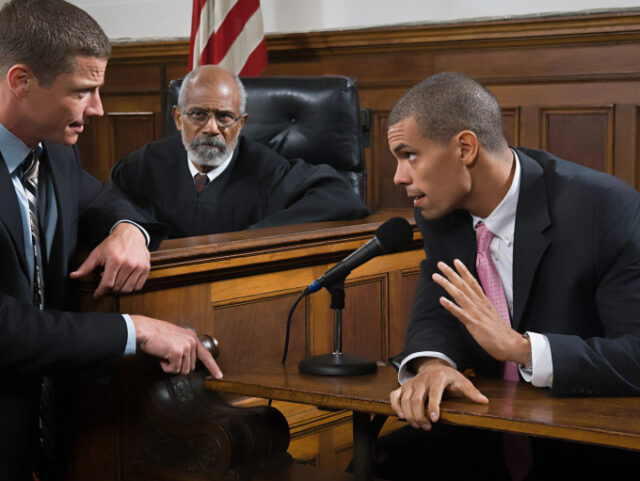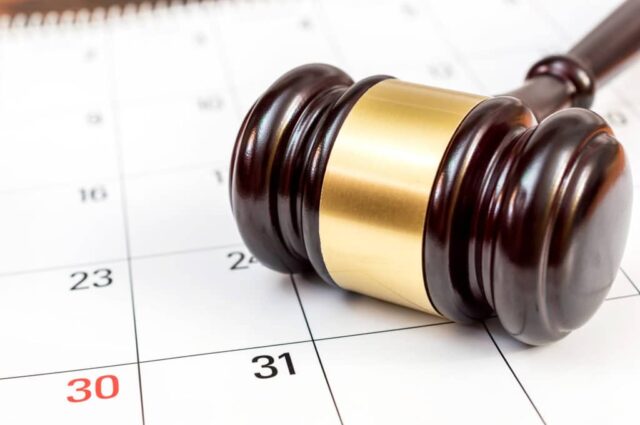
In a court case, success refers to the best possible conclusion. Whether you’re a plaintiff or a defendant, you’ll want to maximize the value of the cards you’ve been dealt. That’s why, like a wise, savvy poker player, it’s critical to keep your emotions in check and approach litigation decisions objectively. With that in mind, consider the following suggestions for preparing yourself for a criminal trial.
1. Begin gathering documentation

Thousands of pages of documents are sometimes involved in criminal trials, and your attorney will most likely ask for your help in acquiring records that will be used in your defense. Many of these documents are likely to be years old and difficult or time-consuming to locate.
For example, a defendant may need to obtain bank records dating back 5-10 years. You should account for the possibility that you will have to wait for third parties to generate such documents on your behalf, such as your bank or accountant. As a result, in the event of a criminal prosecution, you should be proactive in gathering necessary documentation.
2. Whether you want to plead guilty

You have the option of pleading guilty or not guilty. Consider the strength of the prosecution’s case and your prospects of being found not guilty if you proceed to a hearing or trial before selecting whether to plead. A criminal defense lawyer can help you decide whether to plead guilty or not based on your circumstances.
3. If you choose to plead not guilty, you must prepare a solid defense
If you intend to enter into a plea deal, do it as soon as possible. The earlier a plea is entered, the more lenient the punishment will be. Your case may be heard on the same day, or it may be postponed so that you can prepare for your sentencing. Even if you decide to plead guilty, an attorney can assist you in obtaining the least harsh possible sentence.
4. Find the right kind of help for you

Anyone who has ever been through a criminal trial knows how difficult it can be. There are several options available in obtaining the assistance you require.
Someone you know can help you. Most states allow you to have a loved one or friend with you during the legal process. This can make you feel more at ease during the hearing and trial procedure.
A qualified advocate can help you with your case and the charges built against you. A professional criminal advocate such as Aswani Datt can assist you throughout the trial to make the process less scary and intimidating.
If you cannot afford to hire a lawyer for the duration of your trial or do not qualify for legal aid, meeting with a lawyer at least once to discuss your case will be highly beneficial. This could include discussing the prosecution’s case strength, receiving advice and aid with trial preparation, seeking guidance on punishment, assistance with an appeal, or legal advice.
It’s also vital to keep in mind that your attorney has a better understanding of the lawsuit process than you do. Your lawyer lives there while you’re a foreigner in the legal system.
As a result, it’s essential to pay attention to your lawyer’s advice. Ask probing inquiries if you don’t comprehend something. Keep in mind, however, that your attorney has substantial professional training and expertise in the matters of the law.
5. Stay Positive

When you’re facing a criminal charge, it’s natural to feel helpless. You might believe that no one wants to hear your side of the story, let alone believe you. Let’s start with the good news: you don’t have to establish your innocence; the prosecution must prove your guilt. This is known as the burden and standard of proof, and it is important to a just criminal justice system.
It means that the prosecution has the burden of establishing guilt, and that the prosecution must do it to a high standard: beyond a reasonable doubt (commonly referred to in court as the magistrate/jury needing to be ‘satisfied so that they are sure’ of guilt).
6. Preparing witnesses for cross-examination

This is a popular approach employed by many attorneys to ensure that their witnesses can effectively present their testimony in court. During a trial hearing, the court may become a stressful setting, and even the most seasoned attorneys can succumb to the pressure. Witnesses, on the other hand, are inexperienced and unfamiliar with such situations. As a result, individuals frequently panic during courtroom trials, which has a variety of negative consequences for the case.
However, using a courtroom simulation to prepare a witness may help them gain the confidence they need to make their statements in court professionally. It is critical to recognize that witnesses and evidence are two of the most important foundations on which cases are won. Preparing the witnesses will go a long way toward securing a favorable outcome.
7. Make sure you don’t forget about your court date

Do not miss a court date unless the judge, prosecutor, public defender, or your lawyer has given you permission in advance. If you fail to appear in court for a criminal case, the judge may issue a penal summon or a bench warrant for your arrest. You could be held in contempt of court as well. If you fail to appear in court for a civil or traffic offence, a default judgment may be entered against you. Your case may be dismissed if you are the complainant and fail to appear in court on your scheduled court date.
8. It’s also crucial to maintain proper behavior
Smoking is prohibited in all public areas of courthouses. When the court is in session, you must not read, talk, chew gum, listen to personal radios, make distracting noises, or engage in any other prohibited behavior. Please switch off all your electronic devices, including cell phones.
Conclusion
The most critical factor in lawsuit success is a highly qualified lawyer who will persuasively defend your case, which virtually goes without saying. Choose someone with relevant legal skills and whom you can trust. If you’re seeking a car accident lawyer who fits this criteria, consider contacting Sexner, who has years of experience and a proven track record of success in advocating for their clients.












